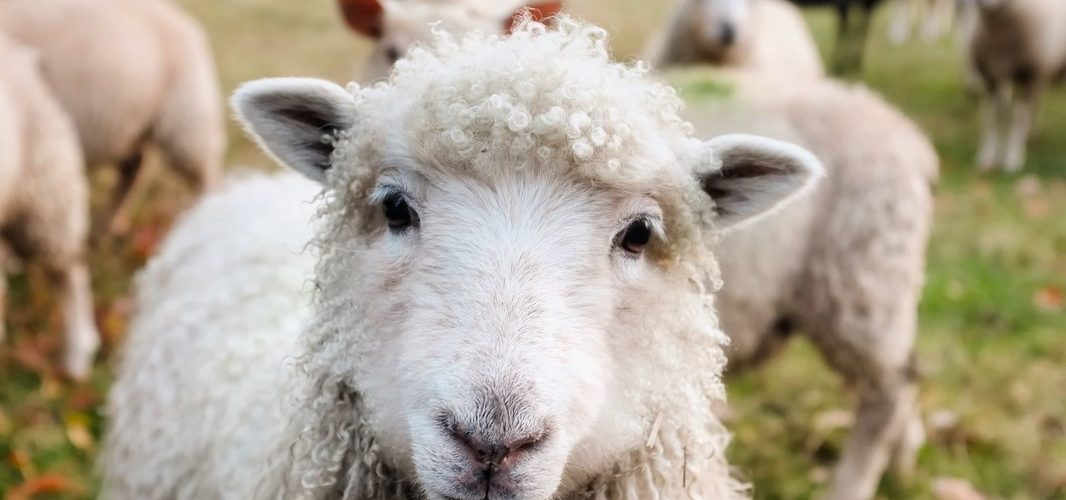- VAT treatment for social media influencers follows ordinary VAT rules
- Influencers must register and account for VAT if they make supplies of goods and services
- Influencers include individuals sharing content online like videos, photos, and articles
- Income sources for influencers include advertising, affiliate marketing, subscriptions, merchandise sales, and non-financial benefits
- VAT is levied on goods and services provided in business by an accountable person
- A person in business must register for VAT if they exceed VAT thresholds
- VAT obligations may extend to other EU Member States for cross-border sales
- Influencers must keep VAT records and issue VAT invoices and credit notes
- Self-billing involves a VAT registered customer issuing the supplier’s VAT invoice
- VAT is chargeable on the total sum paid for goods or services, excluding the tax itself
Source: revenue.ie
Note that this post was (partially) written with the help of AI. It is always useful to review the original source material, and where needed to obtain (local) advice from a specialist.
Latest Posts in "Ireland"
- Irish Revenue Clarifies VAT Group Eligibility: Only Irish Establishments Included, Effective by 2026
- Irish VAT Grouping Rules 2025: Key Changes, EU Alignment, and Impact on Cross-Border Businesses
- Ireland Introduces Variable Direct Debit for VAT Payments, Replacing Fixed Direct Debit from August 2025
- Irish Revenue Restricts VAT Groups to Irish Establishments Only: Key Changes Effective November 2025
- Revised PEM Rules of Origin to Apply Exclusively from 1 January 2026














